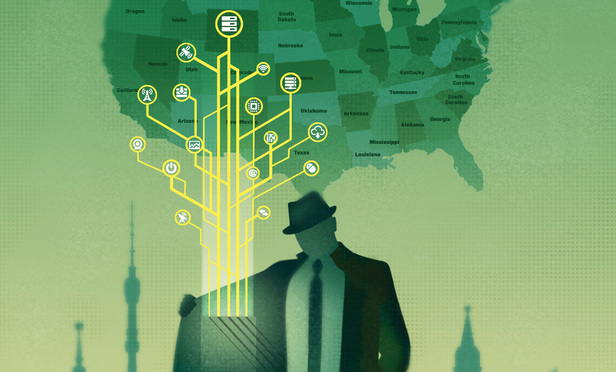Of the many emotions spurred by U.S. intelligence agen cies’ conclusion that Russian hackers sought to influence the 2016 presidential election, one of the most prevalent was a sense of disbelief. But far from the lights and acrimony of the election, the corporate world knows all too well that such cyberespionage is not only possible, but is becoming more commonplace every day.
The evolution of cyberespionage—the theft of sensitive information for malicious intent or the benefit of a perpetrator, whether it be a criminal actor, state government or competitor company—has presented complex challenges to many corporate counsel tasked with protecting and legally defending their enterprises.
This content has been archived. It is available through our partners, LexisNexis® and Bloomberg Law.
To view this content, please continue to their sites.
Not a Lexis Subscriber?
Subscribe Now
Not a Bloomberg Law Subscriber?
Subscribe Now
LexisNexis® and Bloomberg Law are third party online distributors of the broad collection of current and archived versions of ALM's legal news publications. LexisNexis® and Bloomberg Law customers are able to access and use ALM's content, including content from the National Law Journal, The American Lawyer, Legaltech News, The New York Law Journal, and Corporate Counsel, as well as other sources of legal information.
For questions call 1-877-256-2472 or contact us at [email protected]



